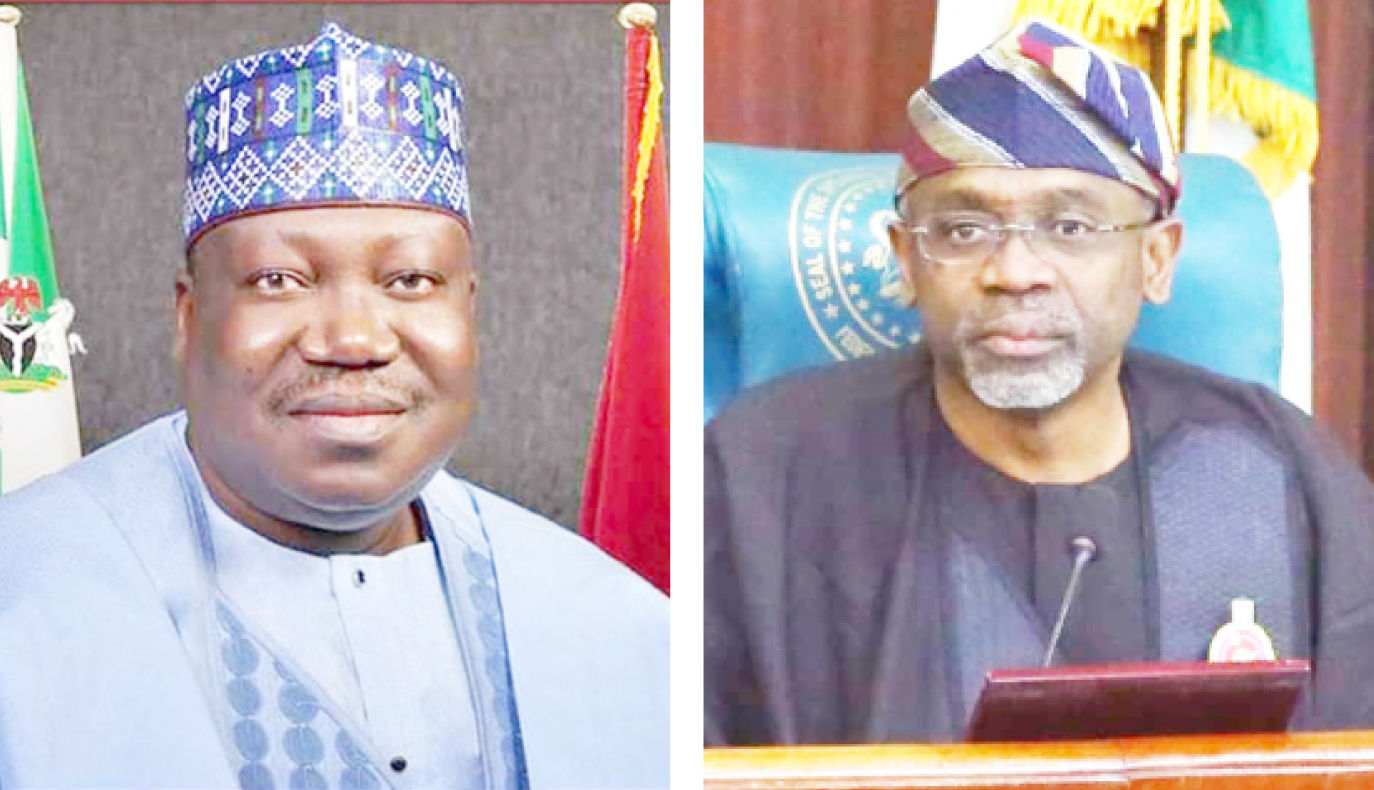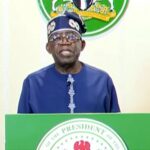As the curtains fell on the 9th Assembly, Nigerians have been reflecting on its performance and impact on governance.
When the 9th National Assembly was inaugurated on June 11, 2019, with Senator Ahmed Lawan as Senate President and Femi Gbajabiamila as Speaker, due to the circumstances behind their coming, there was a fleeting suspicion by Nigerians that the assembly would not be as assertive as expected.
During the tenure of the assembly preceding the 9th, there was no love lost between the National Assembly, especially the Senate presided over by Senator Bukola Saraki, and the Executive branch of government. Things got so heated between the two arms of government that on many occasions’ bills sent by the executive that should ordinarily have accelerated action as the heads of both branches were from the ruling All Progressives Congress (APC), got stuck in needless back and forth filibustering before being passed.
The buck passing went on to the consternation of Nigerians and the resultant gridlock rightly exasperated Nigerians.
- NIGERIA DAILY: How Tuition Fee Poses Threat To Female Education
- Nigerian farmers have been victimised — Obasanjo
Although many Nigerians tended to side with the Executive on the imbroglio between the two arms, they wished that both would work seamlessly for the benefit of the nation. They preferred that in this endeavour the two branches would work constructively and not confrontationally within the strictly defined constitutional roles assigned to them.
It was, therefore, with great expectation, tinged with some scepticism, that Nigerians welcomed the 9th Assembly. The scepticism stemmed from the fact that on many occasions, President Muhammadu Buhari was heard saying that he would have wished to have a less “confrontational’’ National Assembly to speed up the delivery of the promises he made to Nigerians.
And unlike the 8th Assembly whose leadership emerged out of the independent choice of the National Assembly members, the emergence of the leadership of the 9th Assembly had the heavy hand of the Executive, which further fuelled the suspicion of Nigerians.
At the valedictory sessions of both chambers of the National Assembly, the Senate and House of Representatives respectively, it was time to reel out the records of their performances during the past four years.
The immediate past Senate President, Ahmed Lawan, said “As of July 2022, a total of 874 bills were introduced in the Senate, out of which 162 were passed. 104 bills of the 9th Senate were assented to by President Buhari.’’ By the end of the 9th Senate, he further remarked, a total of 500 bills had been passed.
On its part, the House of Representatives through the immediate past Speaker, Femi Gbajabiamila, revealed that, ‘‘the House passed 510 bills and 2000 motions within the past four years’’.
Both Houses decried the “rubber stamp’’ tag attributed to the 9th National Assembly by many Nigerians which they said was based on the lack of understanding of the mission and role of the legislature in a democracy. Lawan, while defending the approach of the Senate, remarked that “Our collective achievements also underscore and justify our decision to adopt a cordial but professional approach to executive-legislative relations focussing on constructive engagement, rather than needless antagonism and conflict.’’
While credit must be given to the 9th Assembly for the passage of the Petroleum Industry Bill, the Electoral Reform Bill and the return of the budgetary calendar from January to December, it must be said, however, that many Nigerians were not impressed.
Nigerians were not too happy with the 9th Assembly for being too close to the Executive leading to the neglect of its primary constitutional function of checking the excesses of the Executive. The 9th Assembly also neglected to advance the results of many public hearings of critical national issues as well as their oversight functions. And it was not lost on Nigerians that members all too often tended to be more interested in pursuing their personal interests, rather than those of the constituencies for which they were elected.
It is indeed true that many bills were passed but it must be stated that the measurement of the success of the Assembly is not in the number of bills passed but in the quality and impact of such bills. And in that regard, the Assembly fell short of expectations. There were also allegations of abuse of funds appropriated for constituency projects by members which cast a not-too-flattering light on the 9th Assembly on the minds of Nigerians.
On the whole, as much as the 9th National Assembly would like to pat itself on the back for having done well, the verdict amongst Nigerians is that its performance was below average, considering the high expectations on it. Indeed it is no wonder that many Nigerians are now calling for either reduction in the number of the members, or the scrapping of one of the chambers owing to the declining performance of the Assembly amid the outrageously high cost expended on it.
It is on that light that we say the 10th Assembly has its job cut out for it and we hope that it provides Nigerians the kind of representation that they are yearning for.

 Join Daily Trust WhatsApp Community For Quick Access To News and Happenings Around You.
Join Daily Trust WhatsApp Community For Quick Access To News and Happenings Around You.


